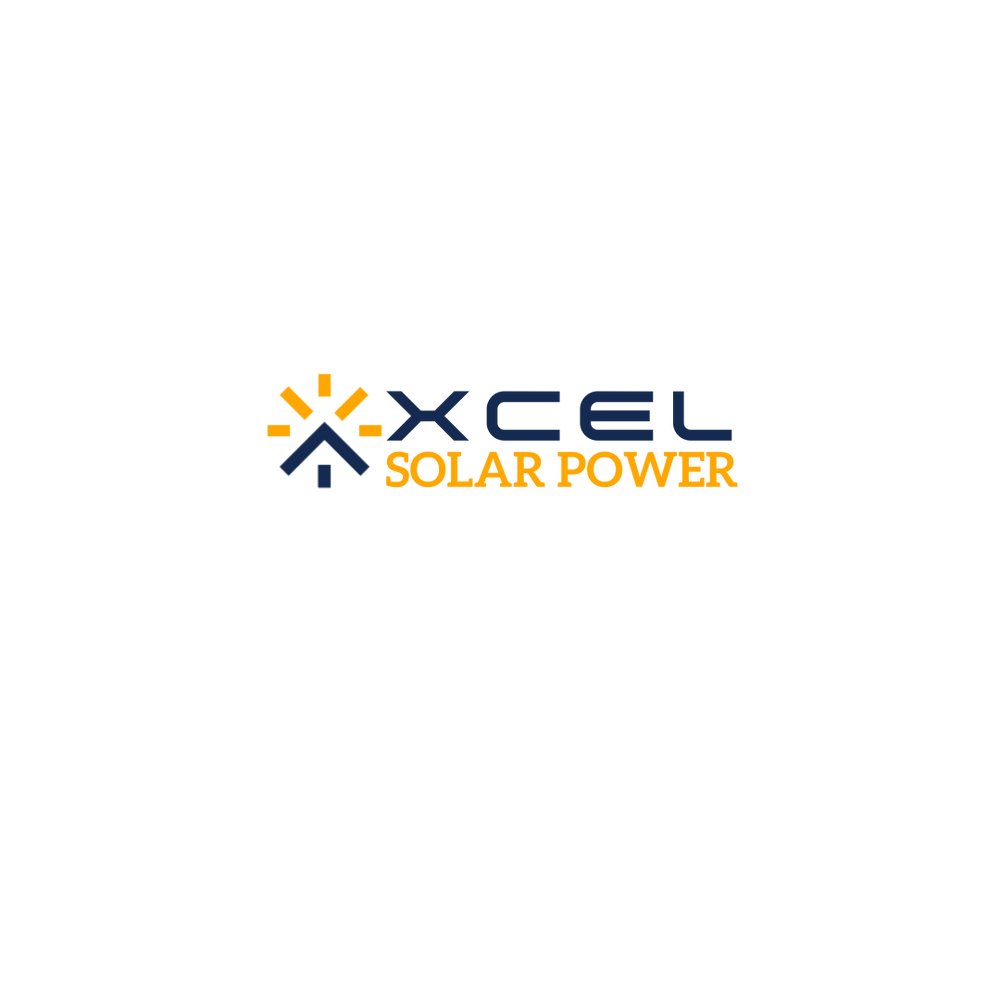Green energy is gaining popularity at a fast rate, and solar is one of the best eco-friendly options for homeowners. A solar panel is a group of electrically connected solar cells, enclosed in a frame, which converts sunlight into electricity. Switching to solar energy has many advantages, allowing you to save money while helping the environment, and may have a few limitations connected to the position of your house and weather conditions. Let’s go more into detail with ten basic facts about solar panels:
-
The concept of harnessing energy from the sun is not new
The first to predict it might become a reality was Leonardo da Vinci, in the 15th century. The first solar cell was developed in the 19th century, but its solar efficiency was only 1%.
-
Solar energy is completely free and renewable
Once the initial solar panel costs are covered, you will not need to spend a cent on the electricity they produce. Moreover, you will reduce your carbon footprint by using solar energy, since it is totally green and renewable.
Solar energy users save, annually, as much as 75 million barrels of oil and 35 million tonnes of carbon dioxide. Plus, a huge amount of power can be harnessed from the sun: in just one hour, the Earth receives more energy than it would consume in an entire year (approximately 120 terawatts).
-
What are they made of?
Solar panels contain solar cells, also known as photovoltaic cells, made of semiconductors (such as silicon) that convert sunlight into electricity. When light hits the cells, the electrons are separated from their atoms and flow through the cell, thus generating electricity.
Nowadays, solar cells contained in domestic installations can convert around 20% of the sunlight they receive into electricity, while some commercial systems can reach 40% of the so-called solar efficiency. However, technology is advancing fast and solar efficiency is expected to grow accordingly, while prices drop.
-
There are two types of solar panels
Photovoltaic (solar PV) panels convert sunlight into electricity, while solar thermal panels heat water by absorbing the sun’s warmth, and can be used to heat homes or swimming pools.
-
The initial cost
The cost of installing solar panels is not to be overestimated, because even though prices are high the payback period is quite short due to the savings on electricity bills and the government aids. Homes equipped with solar panels sell faster and at a higher price than those without.
-
Maintenance
Once installed, almost no solar panel maintenance is required. You will only have to make sure they’re clean and not shaded by anything. A tilted roof will require less cleaning, since rain helps remove dirt. Additionally, solar panels have a very long lifespan. They carry a standard 25-years warranty, but can last up to 30-40 years.
-
Solar panels do not need direct sunlight to work
Even though maximum efficiency is reached when the sun is shining, electricity is still produced on cloudy days and during winter. On the other hand, no electricity can be produced at night, but a storage system can solve this problem. The solar battery storage system cost can be paid off by selling excess energy to national grid and by the benefit of making you 100% energy independent. You should still consider that solar panels produce free electricity during the day, which is when it is more expensive and hence more valuable.
-
Potential issues
Prior to installing solar panels, you should consider the shape and inclination of the roof and the location of the house itself. In order to obtain the best annual performance, the roof should be facing south at a 30 degrees angle, approximately. These are not strict requirements, since solar panels also work in different settings, as long as the installation is free of shadows between 10am and 4pm. It is important to keep the panels far from bushes and trees for two reasons: they might shade the installations and the branches and leaves may scratch the surface, lowering their performance. Excessive exposure to wind and rain may also degrade performance, in the long term, so shelter from the wind should be considered when evaluating placement. However, as mentioned previously, solar panels come with 25-years warranties, which guarantee that the output should not be lower than 80% within that time frame. Plus, surprisingly enough, solar panels do not work better in hotter climates. That is because solar cells harness sunlight and not heat, and their efficiency is decreased by high temperatures.
-
The technology is versatile
Solar panels can be used on any type of building, road, bridge, and even spacecraft and satellites. Solar energy is making its way into all aspects of life: lightweight, portable panels are already present on solar blinds for your windows and small devices like phone chargers.
Moreover, next-generation cars and boats are updating to solar. Large, empty areas are increasingly being used to host solar farms. The largest one is located in the Mojave Desert in California, and it generates 90% of the world’s commercially produced solar power.
-
Permissions
You will not need to apply for a planning permission to install solar panels domestically, as long as your installation does not protrude more than 200mm. You will therefore need permission if your system is too large, or for other reasons such as placement within protected sites.
If you are interested in investing in solar panels for your home, then simply fill in the contact form and our specialists will provide you with up to four quotes, completely free of charge. This service is non-binding, and only takes a minute!



